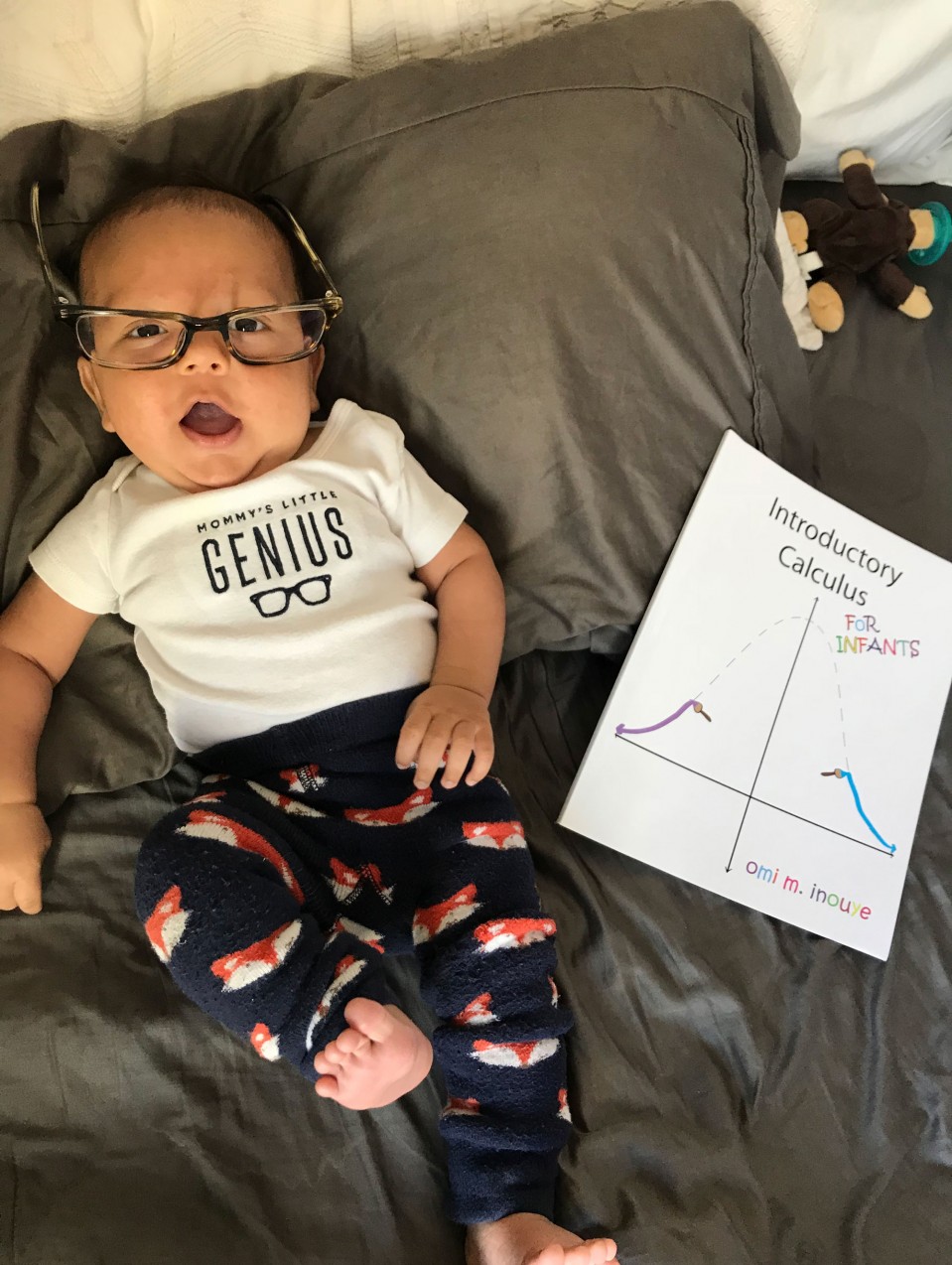A letter to friends
Class secretaries have been nurturing connections for 123 years.



When I send out e-mail requests to the Class of 2003, I feel a cohesion with my classmates. It’s like a real-life relationship,” says Kristin Tappan ’03, who has served as her class secretary for 15 years. “I hope they feel it too, and that it gives them a warm, nerdy feeling.”
Tappan is one of 76 alumni who volunteer to record and report on their classmates’ news in the Class Notes section of MIT News, which is published by MIT Technology Review. In 1,200 words or less per issue, they share classmates’ life moments and milestones, including career changes, births, awards, degrees, and weddings. The columns, which are available in print and at alum.mit.edu/communities/class-notes-and-sites, function as connective tissue that helps keep their classes together in the years following graduation.
Theirs is a role that has existed almost as long as MIT itself. The Association of Class Secretaries was organized in 1896, 28 years after the Institute awarded its first 13 degrees. Class secretaries originally conceived the plan to produce an alumni magazine, and the first issue of Technology Review was published in 1899. Oversight of the magazine was later turned over to the MIT Alumni Association, and since 2001 it has been published by Technology Review Inc., a nonprofit independent media company owned by MIT.
Astounding classmates
MIT students are said to be superstars, so it’s no surprise that many alumni of the Institute go on to do amazing things as well. Class secretary George Gawrys ’71 of Ventnor, New Jersey, is an engineer who worked at Bell Labs and AT&T Labs for 30 years. His classmates, he says, astound him: “One just ran for Congress. One developed a jet propulsion engine for use in commercial jets; one wrote an opera; and another donated a kidney to a total stranger.” The Class of 1968 has two Nobel Prize winners, an MIT record—at least so far, says cosecretary Mike Marcus ’68, ScD ’72.
And secretary Frank Tapparo ’60 tells of a classmate who travels the world teaching hypnosis, and who—50 years after he gave a speech in 1967 on the history of airborne flushable toilets—finally got the text published.
“You’d expect at our age to be hearing stories about grandchildren or retirement, but you get all these uncommon topics that really do amaze,” Gawrys says.
One tricky part of the job, the secretaries say, is motivating classmates to share news. To get things rolling, Gawrys e-mails classmates survey topics and will publish the top results. What’s your favorite song from 1971? (“Me and Bobby McGee.”) Favorite professor? (Philip Morrison.) Favorite travel destination? (No two said the same place.)
Veteran secretary Tappan, a San Francisco attorney, says: “There’s pressure after 15 years to come up with something funny. Whether I send classmates a haiku, a limerick, an alliteration, or a story about dinosaurs, I get a positive response. I always hear from people.” In fact, a few days after she e-mailed classmates to ask for news and mentioned she’d had a baby, one of them sent her a copy of the book Introductory Calculus for Babies. Being a class secretary “allows me to have this fabulous connection with my classmates,” she says.
Philip Gittes Greenspun ’82, SM ’93, PhD ’99, a computer scientist from Lincoln, Massachusetts, who served as a class secretary for five years, also reports that he was always able to get a response from his classmates when he sent out an appeal for news. “If things were dire, I often shared my own experiences,” he says. “If you give people something to react to (‘I went to Beaver Creek, Colorado, to ski’), you are much more likely to get a response. Human communication is a two-way street.”
Generational differences
“Communication is so important,” says Joanne Tobias Baker ’80, a dentist from Scarsdale, New York, and founder of Joelinks.com, which connects people online. Although it’s far easier for classmates to share their news today—“In the old days, all we had was a letter,” she says—the ease of digital communication is a double-edged sword. “People are less inclined to send in Class Notes updates because of social media, which is more instantaneous and efficient,” says Tappan. “Some are also concerned about privacy; not everyone realizes Class Notes are only included in the MIT version of Technology Review and not in the more publicly circulated editions.”
“I think social media is a generational thing,” says Marcus. “It’s supposed to be the magic solution for alumni communications, so we said ‘Sure, we’ll use Facebook.’ But it has never been clear to me that for our class it ever made any difference.”
“The big communications advance for us was e-mail,” adds his cosecretary and wife, Gail Marcus ’68, SM ’68, ScD ’71. “That’s what allowed us to communicate more effectively with our classmates. Before that, people just hand-wrote us notes on the flaps of envelopes for Alumni Fund donations.”
The Marcuses, who were married two days after graduation in 1968, have been class secretaries for 50 years.
“I feel great when people say the column keeps the class connected,” Gail says, adding that the Class of 1968 this year broke the record for alumni attendance at their 50th reunion. Also, the class set a new dollars-raised record for the milestone and secured 58% donor participation—a record for a class in its 50th-reunion year. Classmates tell them that their five decades of consistent leadership have helped the class become a community.
The big challenge
All class secretaries agree that the big challenge of the job is death. “When a classmate dies, it’s a real shocker,” says Tobias Baker. “Whenever I write an obituary … boy, it makes me reflect on my own mortality.”
“My freshman roommate died,” says Tapparo, of Arlington, Virginia, who has been class secretary for 31 years. “It was very hard. Then I wrote a thank-you note to a friend, and his wife wrote back that he won’t be writing again—Alzheimer’s.”
Secretary Mike Bertin ’63 recalls a similar story about a Colombian classmate who never missed a reunion. In February 2013, Bertin asked the classmate, then living in Florida, if he’d ordered his red jacket for their upcoming 50th reunion. He had. “Someone told me later he was sick. I called him a couple of times, and I made him a disc of romantic music that he and his wife could dance to,” he says. “At the reunion, I found out that he had died that Monday.” He’d wanted his wife, son, and grandson to attend if he couldn’t, so they did—and his son wore his red jacket.
The occasional sad news underlines the importance of staying in touch. “People love hearing the details of life that we’ve lived and shared together,” Tappan says. “There’s something so human about the pet hamster that escaped, the babies, or teaching your dog how to give you a high five.”
“We shared that proverbial drink from the fire hose. It was intense,” says Bertin, of Irvine, California, who worked in academia, launched a company, retired at 45, and has been a class secretary for 30 years. “So even if we hardly know these people, I care that they grow roses, went to Germany, or remodeled the bathroom, because we are similar in many ways.”
Jim Swanson ’67 of Mill Creek, Washington, has been a class secretary for 51 years. “I came to Boston from North Dakota, and felt like I died and went to heaven. It was such a change for someone who never even had been to Minneapolis,” he says, adding that friendship is the glue that’s kept his class together. In fact, he helped organize an unofficial five-day 48th reunion in San Francisco, and 99 people came. “You don’t know what life will bring,” he says, “but you always wind up with the gem of friendships.”
“I’m going to continue being class secretary for as long as my classmates let me,” Bertin says. “Some may perceive it as being work. I don’t. I’m honored to do it. It’s like writing a letter every two months to my friends.”
For Tapparo, writing a regular column is a way to extend the closeness forged on campus. “The gift of the job is not letting the MIT experience we all shared die away,” he says. “We were all baptized by the same fire. There’s a common bond. I enjoy keeping it alive.”